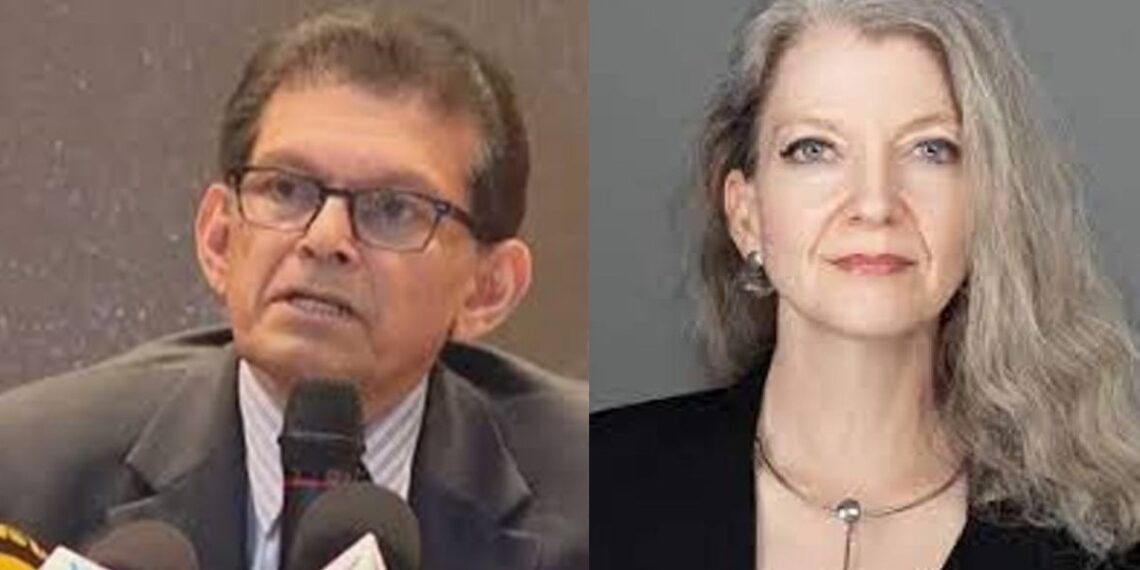Nearly a year after Sheikh Hasina was ousted from power by a students-led movement and the Mohammad Yunus-led interim regime took charge in Dhaka, the United States and Bangladesh have worked closely to enhance defence cooperation, including concluding two key agreements.
Well-placed Bangladesh defence sources said that National Security Adviser (NSA) Khalilur Rahman and US Undersecretary of State Allison M Hooker were scheduled to meet on August 1 in Washington DC and discuss and address at least eight key issues and concerns.
US-Bangladesh relations, which were historically fraught with mutual suspicions and recriminations, especially during the 15-year uninterrupted rule of the Sheikh Hasina-led Awami League government, improved considerably once Yunus took charge as Chief Adviser.
This was immediately preceded by the US’ clandestine support to the students movement with the ultimate aim to seek a toehold in Bangladesh to advance the American security and defence establishments’ geopolitical objectives in Myanmar in general and the Rakhine State in particular.
While two defence agreements, the Acquisition and Cross-Servicing Agreement (ACSA) and the General Security of Military Information Agreement (GSOMIA), will likely be discussed during the meeting between Khalilur Rahman and Hooker, a formal inking is expected between the US and Bangladesh military establishments.
The Armed Forces Division under the Chief Adviser’s Office will sign on behalf of the Bangladesh Army. Army chief General Waker-uz-Zaman is said to have misgivings over formal signing of GSOMIA and ACSA, but sources said that he is expected “to fall in line in the days to come”.
ACSA would facilitate logistical support and the exchange of supplies and services between the two militaries, while GSOMIA would enable the sharing of classified military information.
The other issues that Khalilur Rahman and Hooker will discuss include regional security, counter-terrorism, Indo-Pacific strategy, human rights, recent concerns over Bangladesh Army’s use of force in Gopalganj district and elsewhere, election integrity and civil liberties.
Bangladeshi security analysts that the even as Dhaka is under considerable pressure on the tariff front, controversial issues such as the Army and police’s human rights record, pathways to a free and fair election, whenever it is held, and civil liberties have taken centre-stage in bilateral ties.
ALSO READ: Malaysian police team in Dhaka to be apprised of people smuggling to Australia
The Yunus-led regime is also under considerable pressure over broader issues such as poor governance, a general lawlessness across the country, mob violence and violence directed against minority communities.















